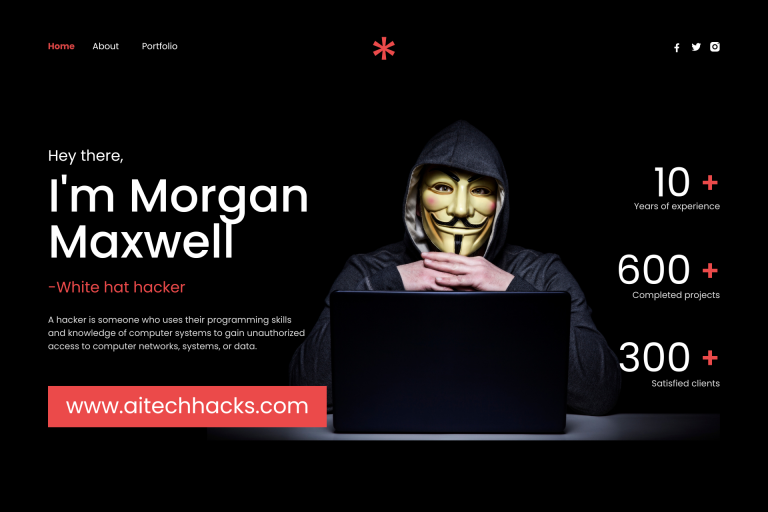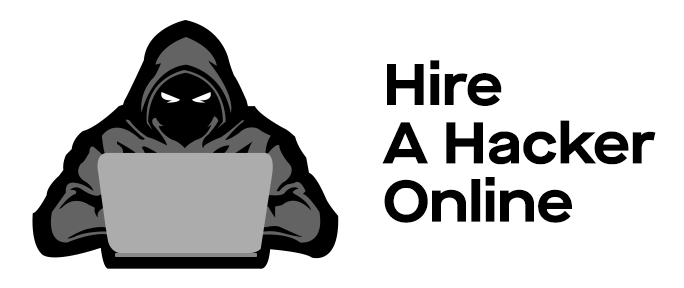In the intricate landscape of cybersecurity, the pursuit of zero-day exploits stands as the ultimate challenge for both black and white hat hackers. These vulnerabilities, unknown to software vendors, represent a potent weapon in the arsenal of malicious actors. However, for ethical hackers, the hunt for zero-days is not about causing harm but about fortifying digital defenses. It’s a quest to outsmart the adversaries and protect the digital world.
Understanding Zero-Day Exploits
A zero-day exploit is a software vulnerability unknown to the vendor. It’s a digital needle in a haystack, offering attackers an unprecedented opportunity to compromise systems. Once discovered and exploited, these vulnerabilities are rapidly patched, hence the term “zero-day.”
The Ethical Hacker’s Perspective
Ethical hackers, or white hats, approach zero-day hunting with a fundamentally different mindset. Their goal is not to exploit vulnerabilities for personal gain but to identify them before malicious actors do. This proactive approach is crucial in safeguarding critical infrastructure, government systems, and corporate networks.
The Hunting Process
Hunting zero-day exploits is a complex and time-consuming endeavor. It involves a combination of technical expertise, creativity, and perseverance. Here’s a simplified overview of the process:
- Target Selection: Ethical hackers often focus on high-value targets like operating systems, web browsers, and enterprise software. These platforms have a larger attack surface and are more likely to harbor critical vulnerabilities.
- Reverse Engineering: This involves dissecting software to understand its inner workings. Hackers analyze code, identify potential weaknesses, and construct attack scenarios.
- Fuzzing: Automated tools are used to generate random input data to test software for unexpected behavior or crashes. Fuzzing can uncover vulnerabilities that manual testing might miss.
- Static and Dynamic Analysis: Static analysis examines code without executing it, while dynamic analysis involves running the software to observe its behavior. Both techniques are essential for identifying vulnerabilities.
- Exploit Development: Once a vulnerability is confirmed, ethical hackers develop proof-of-concept exploits to demonstrate the impact. These exploits are not used maliciously but to provide evidence to the software vendor.
- Responsible Disclosure: Ethical hackers adhere to responsible disclosure practices. They report vulnerabilities to the vendor privately, giving them time to develop a patch before the issue becomes public.
Ethical Implications
Hunting zero-day exploits raises ethical questions. On one hand, ethical hackers are protecting the digital world. On the other, they are essentially finding weaknesses in software. It’s essential to operate within legal and ethical boundaries, respecting intellectual property rights and avoiding unauthorized access.
The Impact of Zero-Day Hunting
The work of ethical hackers has a profound impact on cybersecurity. By discovering and reporting zero-day vulnerabilities, they help software vendors improve their products and protect their customers. This contributes to a more secure digital ecosystem.
The Future of Zero-Day Hunting
As technology evolves, so too will the methods for finding zero-day exploits. Artificial intelligence and machine learning are likely to play a growing role in automating parts of the hunting process. Additionally, as software becomes increasingly complex, the challenge of finding vulnerabilities will only increase.
Hunting zero-day exploits is a high-stakes game with far-reaching consequences. Ethical hackers are the unsung heroes who work tirelessly to protect us from the digital underworld. Their dedication and expertise are essential in safeguarding our connected world.




